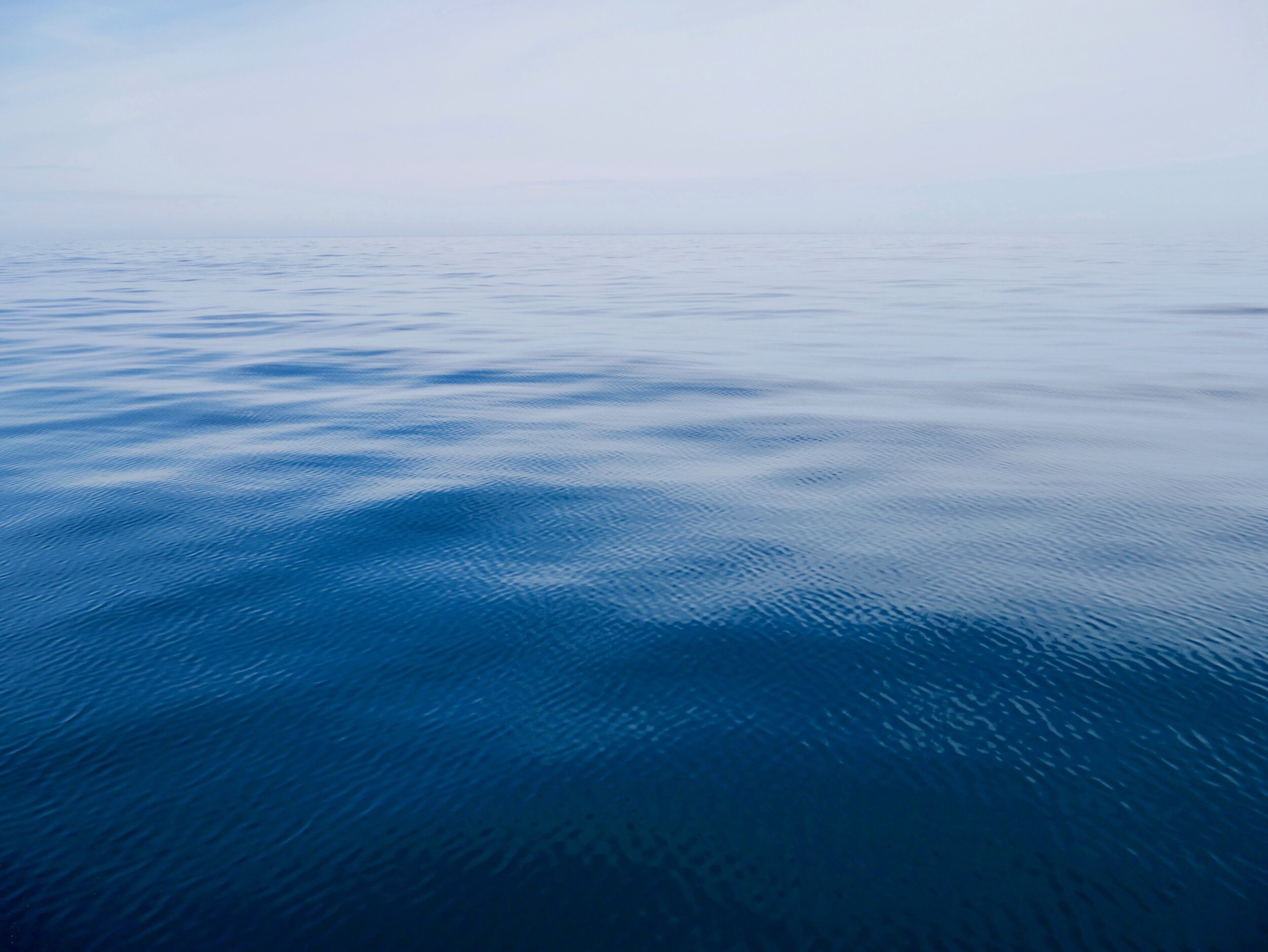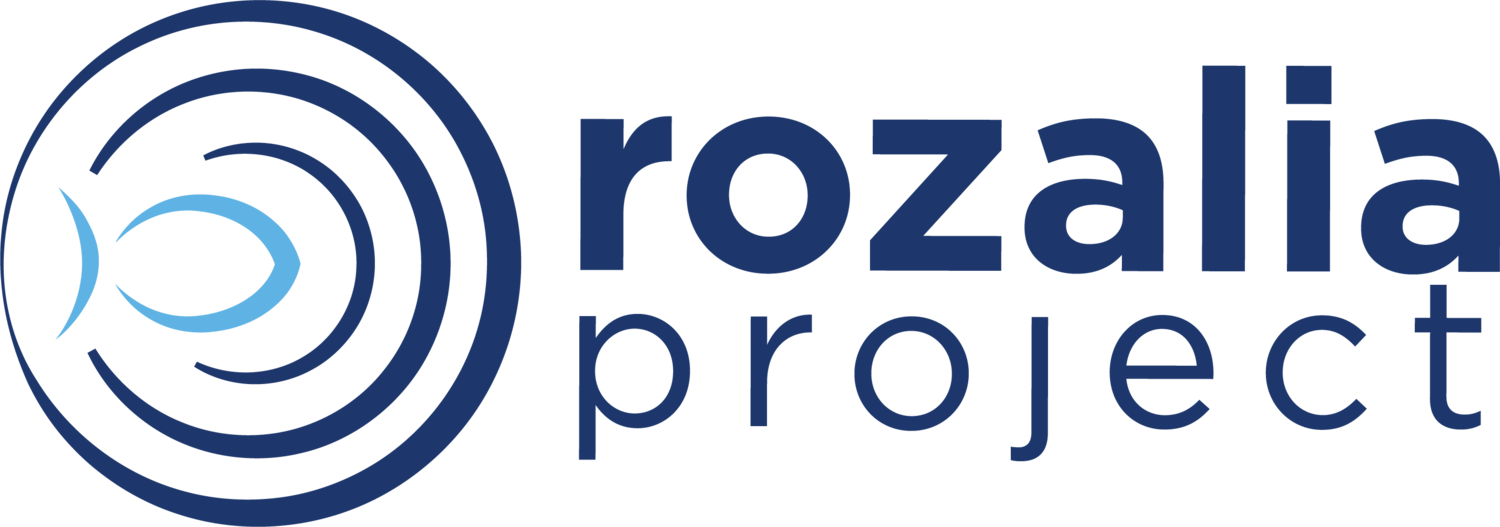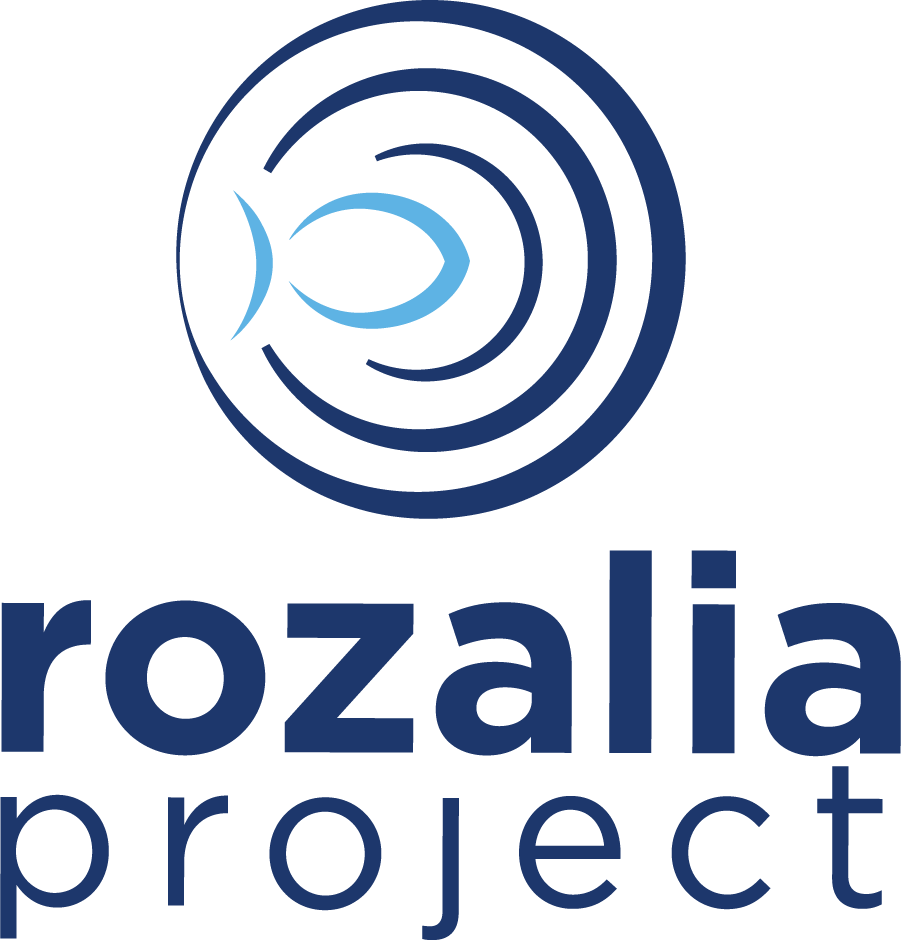
Policy
Policy is an important way to ensure action. Often, data and analysis, like the kind that Rozalia Project collects, is a useful tool to inform policymakers about the urgency and kinds of laws needed to protect the environment. Check out the policies below that have been signed into action or are still in process. Sign the linked petitions to get involved and show representatives your support for anti-plastic pollution legislation!
Passed
-

S. 213 Flood Safety Act
This bill takes important steps to reduce flood risk across Vermont, at a critical time when flood-related disasters are becoming more frequent and more severe. Includes the ban on unencapsulated foam docks, which will help prevent one of the leading causes of toxic polystyrene foam from entering Vermont’s waterways. This foam pollution is worsened by climate change, such as during flood events, and it can kill wildlife, pollute beaches, and degrade water quality.
Rozalia Project data was a big part in demonstrating the pervasiveness of the problem and the increase in foam found in the environment after significant floods.
-

Microbeads
Rozalia Project has discovered that microbeads fill our waterways, which pose a danger to wildlife and ecosystems. Current Vermont waste systems can barely catch microbeads before they are set free in our urban waterways. Rozalia Project’s research and analysis of microbeads have been crucial in pushing legislation for Vermont to ban microbeads. This legislation passed in the state house unanimously. Since then, US Congress passed a law to ban the production and sale of products with microbeads.
This is a huge win for our ecosystem!
-

Microplastics Act of 2020
This act is a federal initiative to begin the development of infrastrucure to prevent and remove microplastic pollution. Rozalia Project has found how microplastics negatively impact our coastlines, waterways, and wildlife, even in Lake Champlain. This act takes important steps to begin the long-awaited journey of fighting microplastic pollution.
-

Save our Seas 2.0 Act
Save our Seas 2.0 Act is a nationwide act to expand the United States capacity to prevent dangerous washed-up plastic pollution. The Act works to improve federally-funded marine debris response programs, improve American waste management, and enhance US outreach to combat marine debris on a global scale. This act outlines the establishment of important foundations, research, and relations to combat the marine debris crisis.
Big win for our oceans!
-

Plastic Pollution Bill of Vermont
Effective July 2020, Vermont banned single-use take-out bags, cups, plastic stirrers, and more. This packaging ban has worked to greatly reduce Vermont’s waste, as “single-use items, paper, and packaging make up 1/3 of Vermont’s trash,” (VT DEC). This new law can work to inspire other states and businesses to follow the same model and join the fight against plastic pollution.
-

Clean Water Fund Donations from Bill S. 0285
In 2018, Vermont passed a bill that works to collect unclaimed bottle recycling deposits and put them forward into the Clean Water Fund. This will increase funding for the Clean Water Fund and take advantage of the BOttle Bill system. The Clean Water Fund works on projects to decrease sediment pollution. These proejcts improve wildlife habitat, better stormwater infrastructure, and preserve watersheds. This has a positive and direct impact on the health of the Lake Champlain watershed!
In the works:
-

Break Free from Plastic Pollution Act
The Break Free from Plastic Pollution Act is the “the most comprehensive set of policy solutions to the plastic pollution crisis ever introduced in Congress,” (breakfreefromplastic.org). This policy will work to reduce plastic production, increase recycling efforts, promote environmental justice for disproportionately-affected communities, and spur sustainable innovation.
Contact your representatives here to show your support for the Break Free from Plastic Pollution Act.
-

Expansion of VT Bottle Bill
Another piece of legislation that has been proposed in Vermont expands the Bottle Bill. This would include a wider variety of cans and bottles that may be redeemed for a return deposit and then recycled into reusable items. The expansion of this system hopes to increase recycling, consumer convenience, and avoid plastic pollution.
Write to your representative to support the expansion of the Bottle Bill.

